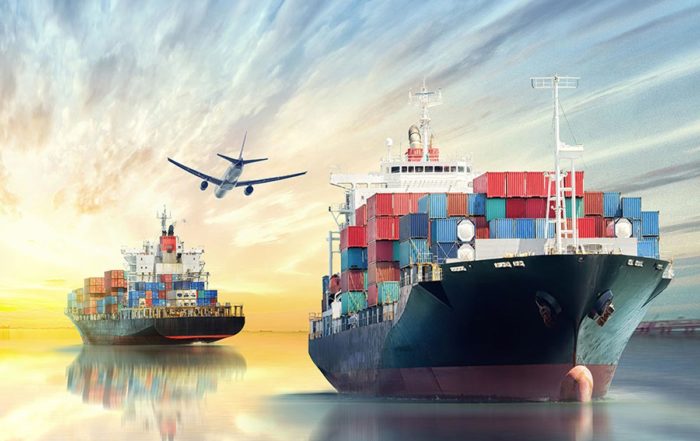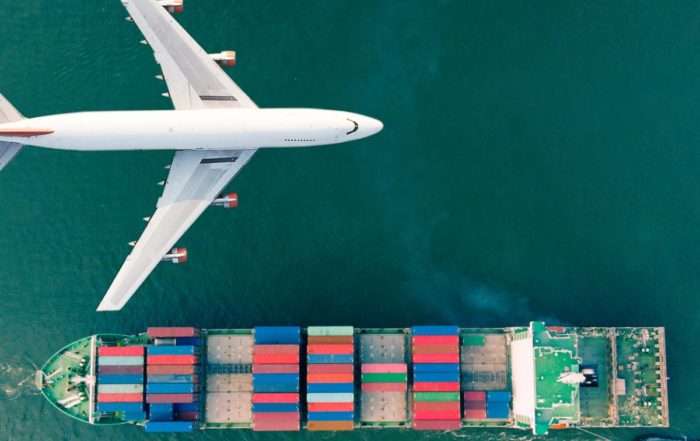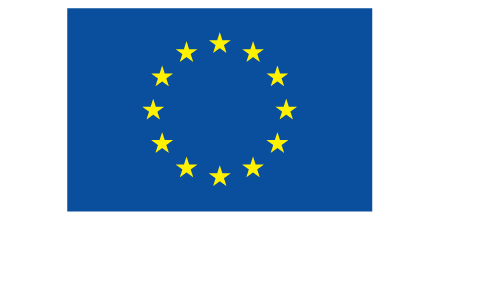The proximity of the African continent to our country should make it one of our most favored trading destinations. Trade relations between Spain and Africa are progressively being developed but still very slowly. Spanish exports are currently focused on the North African region, accounting for 6.5% of total Spanish exports in 2018.
And although Senegal, Nigeria, Ivory Coast, Ghana, Mauritania, Cape Verde and Equatorial Guinea are some of Spain’s main export markets, the Government is working to expand this list in order to consolidate and expand trade to the wider African continent. As Reyes Maroto, the Minister of Industry, Trade and Tourism, recently stated, increasing and improving Spain’s presence, and that of Spanish companies, in Africa is a priority in the coming years.
[…] Senegal, Nigeria, Ivory Coast, Ghana, Mauritania, Cape Verde and Equatorial Guinea are some of Spain’s main export markets, the Government is working to expand this list in order to consolidate and expand trade […]
A near horizon
Although the increase in trade with Africa has progressed over the last decade, the Spanish government is proposing a specific strategy to increase this even further over the coming years. To achieve this, it has created the ‘Africa Horizon’ strategy. The aim is to simply provide Spanish companies with the necessary assistance to enable them to develop and establish themselves in the African market. Through this initiative, it is hoped that trade relations with the continent will increase exponentially and that Spain will become a preferred trading partner. In doing this, the presence of Spanish companies can be expanded beyond the northern and western areas where it already has a presence.
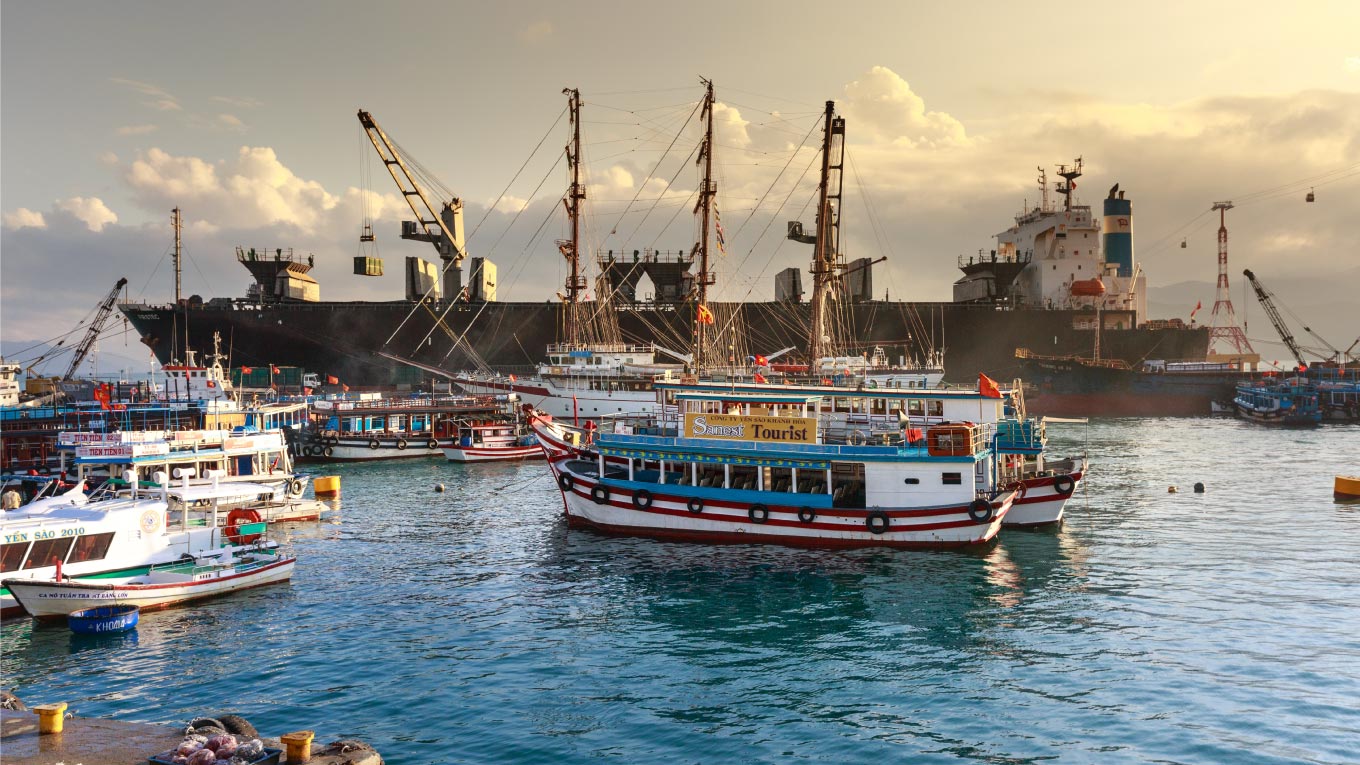
There is no doubt that Africa’s geographical location is of fundamental importance to Spain. By promoting an environment of co-operation between African countries and Spain, it will also help to improve the security and economic stability of all parties, and help prevent future migratory crisis. Add to this the strength of the continent’s burgeoning markets, and a solid framework will be provided for the development of strong trade relations.
Thanks to the ease of transport for all types of goods from Spain by air and sea, and the excellent relationships with key countries such as Equatorial Guinea, building a commercial future together with Africa is the most natural evolution for Spanish exports. Many Spanish products have already become a point of reference in some African countries, and as a result, will help future expansion into other countries on the continent.
The sectors with the highest demand
While the Spanish government’s strategy is aimed at increasing trade relations with Africa in general, the fact is that there are sectors in African countries in which demand stands out above the rest.
Electrical machinery, ceramic floor and wall tiles, steel products, cereals, construction machinery and public works, paper containers and packaging, electrical material, eggs, fuels and lubricants and pome fruits are some of the Spanish products that have experienced the greatest demand from the African market.
Electrical machinery, ceramic floor and wall tiles, steel products, cereals, construction machinery and public works, paper containers and packaging, electrical material, eggs, fuels and lubricants and pome fruits […]
A closer relationship for all
The ‘Africa Horizon’ strategy is not only a commitment by the Spanish government to improve Spain’s trade relations with Africa. It also seeks to encourage other EU member states to improve their relationships with the continent. Establishing better bilateral relations with the continent would undoubtedly be of great benefit to all countries and to the development of their economies in the wake of the economic crisis caused by the Covid-19 pandemic.
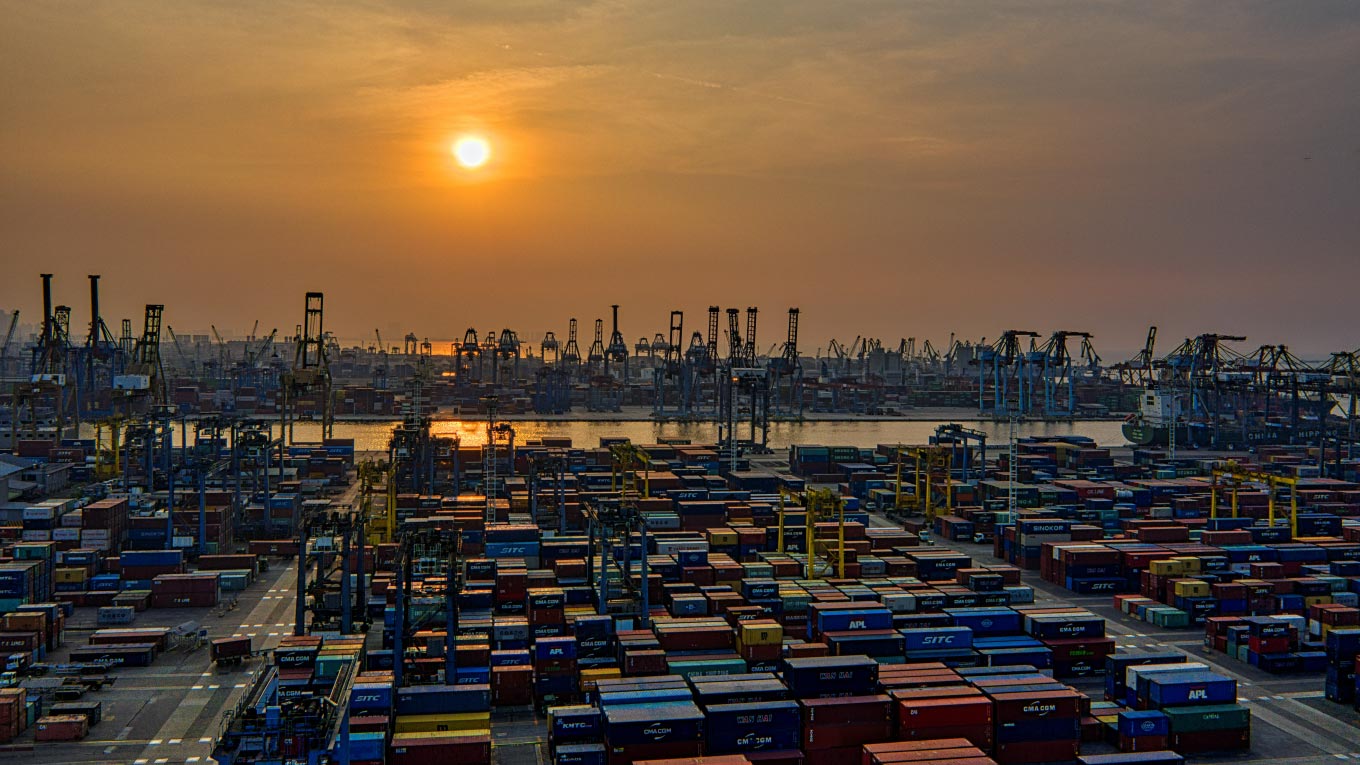
Maritime traffic, its functions and dependability
Maritime transport moves cargo equivalent to more than 90% of world trade, according to the International Maritime Organisation
Angola, a destination for growth
It is a country with which Spain has maintained uninterrupted trade relations since it declared its independence in 1977
The container crisis and its effects
Several factors are influencing the container crisis, causing product shortages and price increases.
